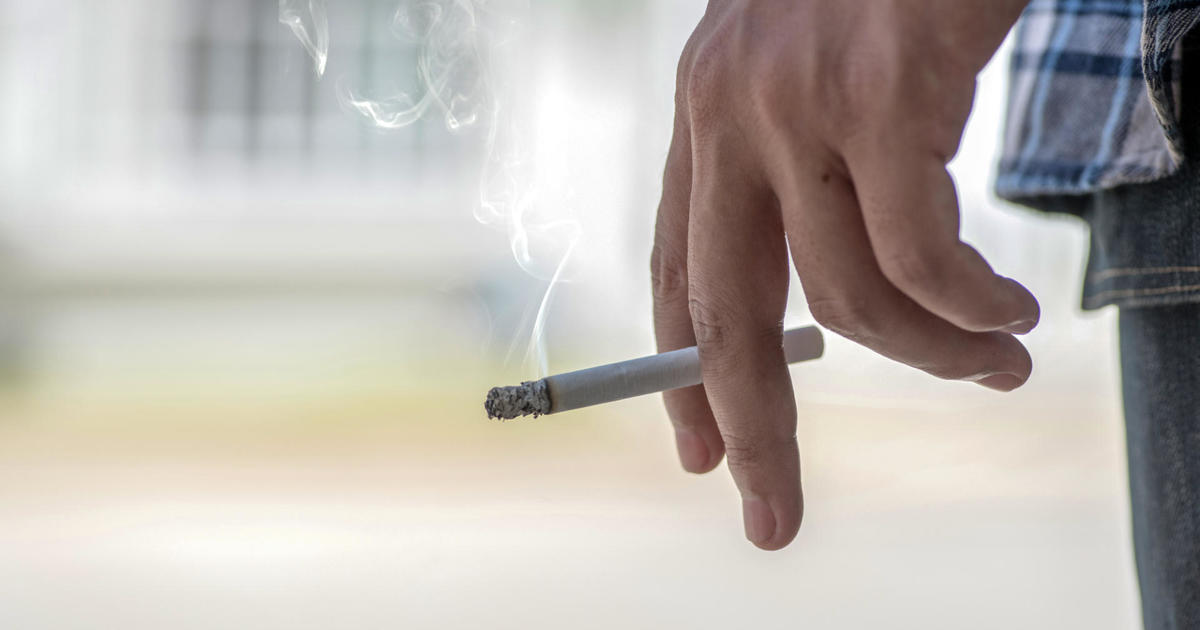Free police body cameras: PR stunt or a step forward?
Axon International wants to give a body camera to every police officer in the U.S. -- free of charge. If only it were that easy.
Axon (AAXN), a maker of electrical weapons that until this week was called Taser International, is offering to provdide the cameras and related equipment, such as digital storage and docking stations, to police departments for a year at no cost. Company founder and CEO Rick Smith said in a statement announcing the initiative that the technology holds “the potential to change police work as we know it, by seamlessly collecting an impartial record and reducing the need for endless paperwork.”
So what’s the glitch? Police departments, like other government agencies, must follow regulations that require them to purchase goods and services through a competitive bidding process. Citing procurement rules, government agencies in New York City and Phoenix rejected an earlier Axon offer to provide them with cameras at no cost. The cities eventually ordered cameras from an VieVu, an Axon competitor.
The Philadelphia Police Department, which recently used Axon’s devices in a successful test, expects to issue a contract for bid to purchase 500 cameras in the coming days.
“I like the Taser [cameras],” said Mike Cochrane, chief inspector with the Philadelphia police, in an interview, adding that the department plans to deploy the new cameras this summer. “The officers liked the Taser. Legally, we still had to put the contract out to bid for other camera companies as long as they meet the specifications.”
The Madison, Wisconsin, police department also can’t accept Axon’s offer because the city council hasn’t authorized it to purchase body cameras. “If the police make this decision unilaterally, without the advice and consent of our community, then this will only add to issues of mistrust and a lack of community accountability,” police chief Mike Kovall said in a statement.
Another wrinkle in Axon’s offer of free gear could deter law enforcement officials. Participating departments would have to make footage recorded with the cameras available to Axon, which wants to use the content to develop its artificial intelligence capabilities. That’s likely a non-starter for many city officials, Jim Bueermann, president of the nonprofit Police Foundation, said.
“If there are strings attached to the donation, many agencies are going to decline it,” he said. “Many city council members and mayors and city managers are going to see this as obviously a way for Taser to get you to like their product, get the community used to body-worn camera video so that it would be very difficult to return it at the end of that year.”
Rival Safariland Group, the parent company of VieVu, dismissed Axon’s free camera offer as “publicity stunt,” saying in a statement that the move that was “at best unethical and worst illegal.” The company also accused Axon of “a transparent attempt to end-run cities’ public policy and processes designed to ensure fairness for the tax-paying residents who fund these initiatives.”
Scottsdale, Ariz.-based Axon denied any wrongdoing, arguing that it isn’t asking departments to accept gifts or an indefinite field trial, said Steve Tuttle, a spokesman. He added that departments are free to drop the service once the offer expires.
“We are inviting outside competitors to test our equipment in a hyper-competitive fashion,” Tuttle said. “Most agencies should be able to take this equipment since it is not a gift and has a definite period where it has to be returned.”
Imperial Capital analyst Saliq Khan said the free camera promotion is a shrewd business move by Axon, which saw revenue from the devices surge more than 80 percent in 2016 to $65.6 million. Axon has inked deals with more than 80 percent of the police departments that have adopted cameras.
“We recognize the financial burden this creates, however, if this measure is successful it could create a faster growing and more competitive company in the future,” said Khan in a recent note to clients.
Although more police departments around the U.S. have equipped officers with body cameras following a spate of shootings of unarmed African-Americans, implementing the technology has proved challenging. Videos must be accessible during criminal investigations and must be redacted to protect the privacy of witnesses or innocent crime victims, an often laborious process. The Philadelphia police department estimates the costs associated with using the cameras and managing captured video content at about $2 million annually.
“Most police departments in the United States find this to be a financial challenge,” Bueermann said.



